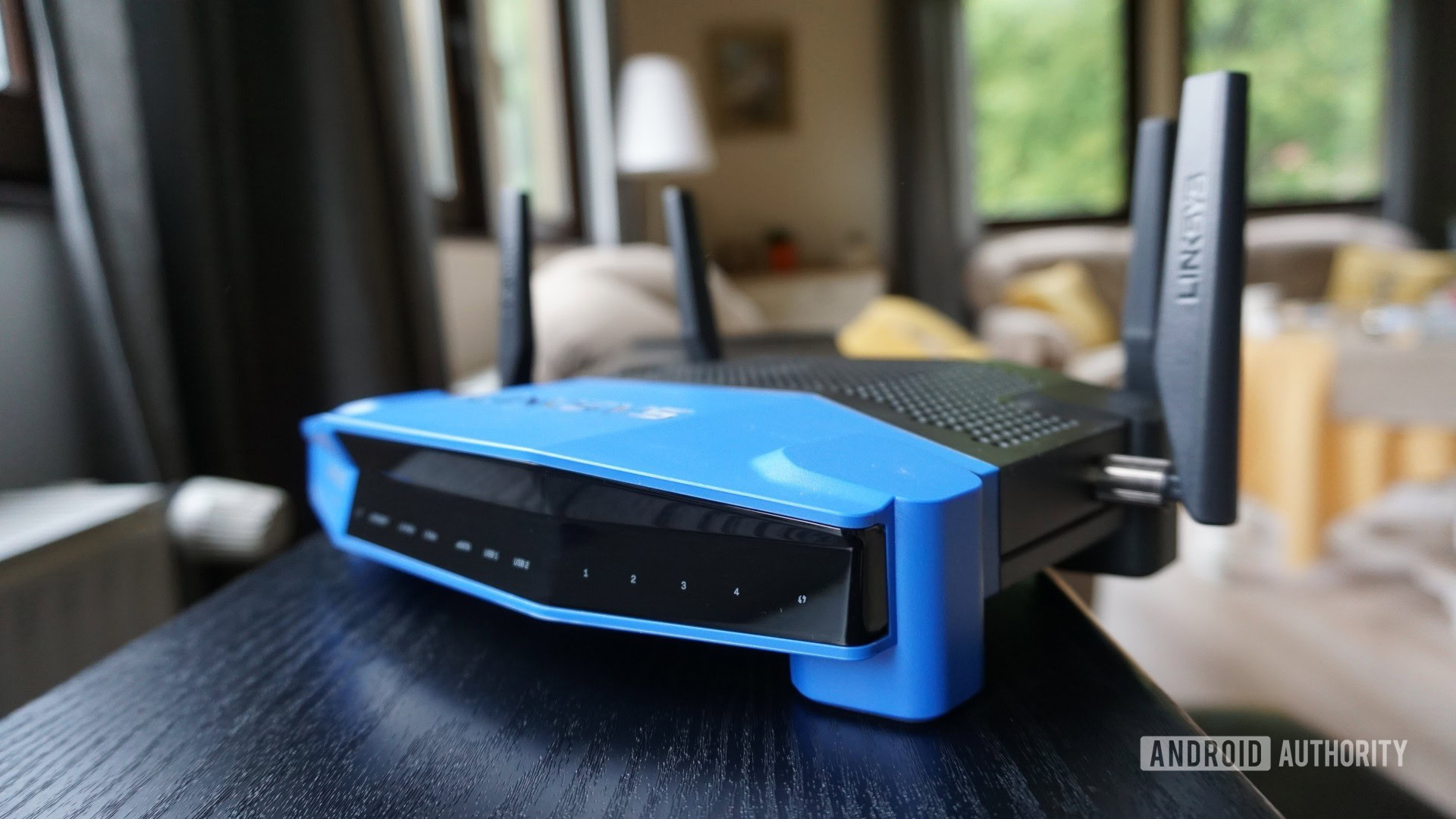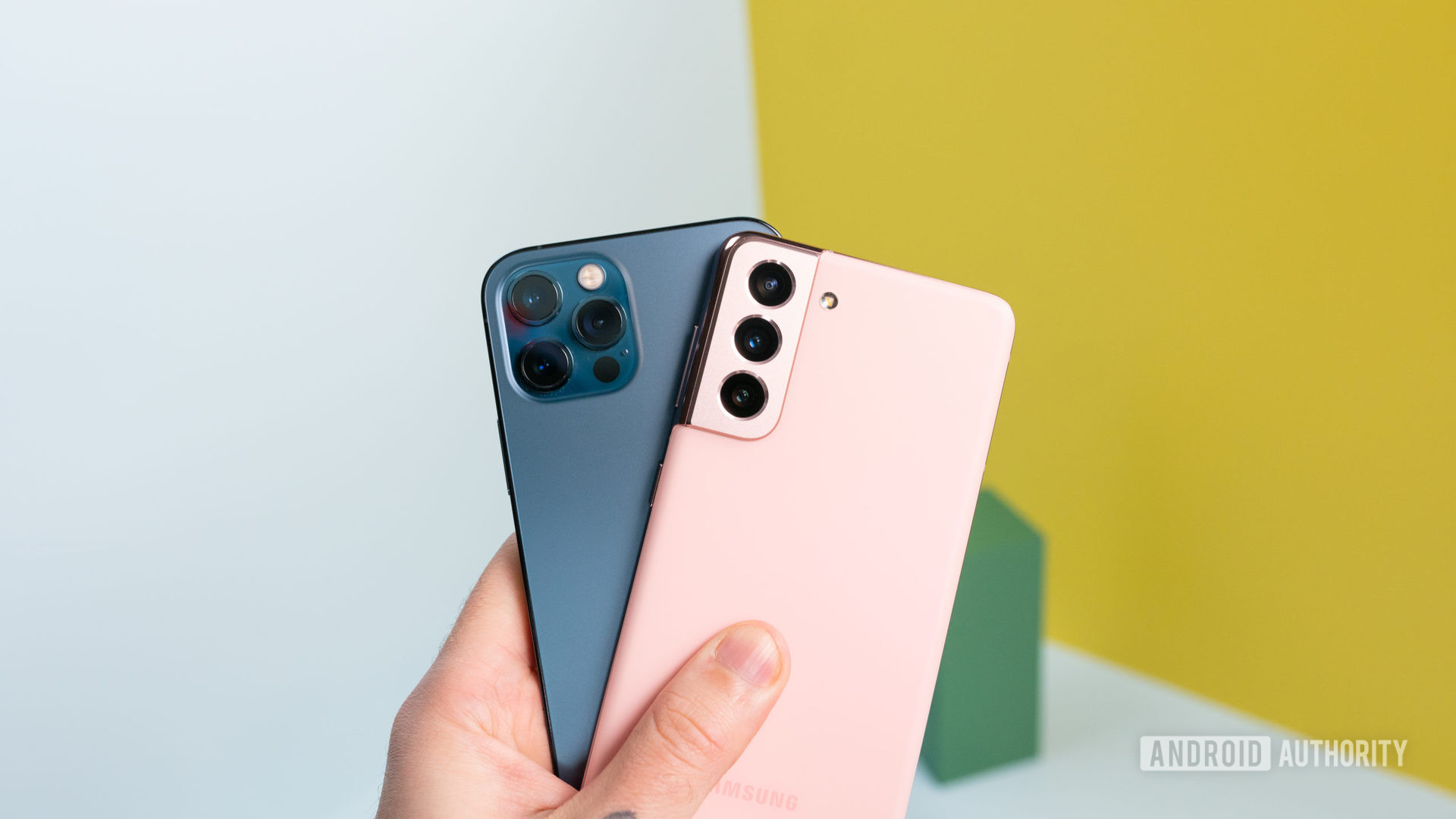Affiliate links on Android Authority may earn us a commission. Learn more.
How to manage your location data: GPS tracking and more
GPS is one of the most useful features on smartphones these days. Whether you’re looking for gas, food, or just a better way to avoid traffic, you probably use a maps app every day. Unfortunately, too much location data can become a privacy concern. While you can easily shut your GPS off, there are other ways for apps to know just where you are. Here’s how you can go off the grid and avoid tracking with your GPS off.
See also: Best privacy web browsers for Android
We’ll take you through a few of the most common location culprits, as well as ways to work around them. In the US, the NSA even released a memo on how to keep your location secure, so we’ll touch on that, too. Let’s get protected.
How does your phone gather location data besides GPS?

Even though your GPS is the most obvious way your phone tracks location, it’s far from the only one. If you leave your Wi-Fi active and hop between public hotspots, you’re essentially leaving a trail of breadcrumbs behind. Each time you connect to a new network, you leave a record that parties can then track.
Your Bluetooth connection can also provide location data, especially if you’re using a wearable to track your fitness. Bluetooth Low Energy beacons rely on transferring data between the starting point and your phone to determine your location. This can be helpful if you want to track down your phone after misplacing it, but it can also make a record of your positioning around your house.
If that’s not enough, you can always triangulate the location of your phone between two cell towers. You’ve probably seen this method on just about every police procedural show, but it’s true. Based on the data you receive from two different towers and how long it takes, officials can estimate your location — no GPS required.
What permissions can you control?

Now that you know basically everything in your phone wants to track you, what can you do? Well, you could shut off your phone, remove the battery and live in the woods, but that would probably mess with your daily routine. Instead, it’s important to keep an eye on the services you use and the permissions you grant to certain apps.
For starters, you can toggle Airplane Mode to active whenever you don’t need your phone. This shuts down your cellular and Wi-Fi radios, only allowing you to use what’s on your phone already. It’s a helpful setting to become comfortable with, but you’ll have to remember that you can’t receive text messages or check social media.
See also: Best security apps for Android that aren’t antivirus apps
You may also want to head into your Settings app on either Android or iOS. From there, head to Privacy on iOS or Location on Android. It’s up to you whether you want to grant location services on a case-by-case basis or just shut them off altogether. After all, do games like Minecraft really need your location data?
Google is also fairly thirsty for your location data, so you may want to check your activity settings. Just head to the My Activity page, where you can review your specific usage and delete Google’s records based on all-time or just the past few days or months. You may also want to toggle the Automatically Sync Data setting off, which should help you save on some data usage, if nothing else.
What does the NSA have to say?

While you might not be itching to take the NSA’s advice with your location data, its August 2020 memo is worth a read. After all, if the agency can track your every move, it has to have a few ways to keep its own employees secure. The memo mentions most of the security tips we’ve mentioned above, like Airplane Mode and app-based permissions, but it also takes things a step further.
The agency goes on to recommend disabling advertising permissions wherever possible. You may also want to reset your advertising permissions weekly, just in case you pick up a few ad trackers along the way. It’s also worth looking into a VPN for your phone to hide your usage further, though you’ll want to keep an eye on how much a VPN costs.
You can also minimize your web browsing altogether, and be sure to remove any browser tracking permissions that your phone may have. Overall, if there’s a privacy setting available, the NSA recommends giving it a try. Take a peek at the memo above — you may learn something new.